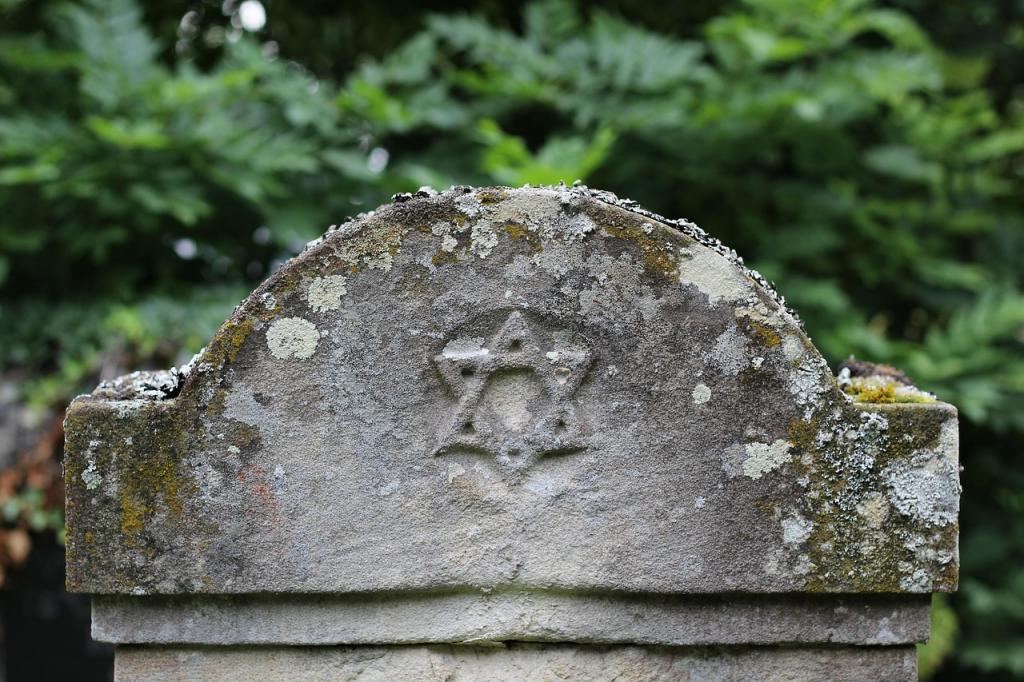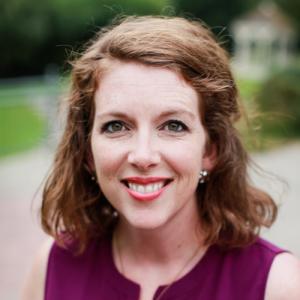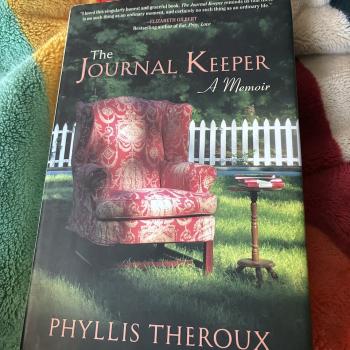It’s story time, kids!
Several years ago, my brother spit into a bottle and sent away for a DNA test kit. Like many of us, he was curious about his own origin story — including the origins of my mom’s side of the family.
My siblings and I share the same biological origins, you see. My mom is his mom, his dad is my dad, and so the story goes.
Beyond these facts, however, we’ve long known my father’s side of the story — about how the MacDonald family immigrated from Scotland and birthed a long lineage of American civil servant workers. Those names and vocations, health histories and faith persuasions we’ve not had to guess, not when aunties and cousins and brothers too have spent hours charting the tree.
My mother’s side of the family has always been somewhat of a mystery, though. Born in the late forties, for decades my mom knew her birth mother’s name, but hers was a closed adoption — and closed adoptions in this era lacked any sort of unlocking potential.
Those same names and vocations, health histories and faith persuasions we easily knew from my dad’s side of the family were not so easily known with my mom’s side of the family.
For the most part, we accepted the not-knowing part of our story. This was just part of how the cookies sometimes crumbled, one might say.
And then my brother spit into a bottle.
I tell you this story because a whole new world opened up to all of us with the results — including DNA results that showed each one of the three siblings was a quarter Ashkenazi Jewish (meaning that our mother is 50 percent Jewish).

Yes, this told me something about the blood that pulses through my veins and about who I am as a descendant of Jews who lived in Central and Eastern Europe, including in the countries of Germany, Poland, and Russia.
But it also helped me uncover something about my family’s faith history, namely that I come from people rooted in the Jewish faith tradition.
As a Christian, which is to say, as someone who seeks to follow in the way and life of Jesus, learning about my Jewishness has meant learning and uncovering and exploring so much more about the faith I practice today.
Jesus, after all, was thoroughly Jewish. And yes, as the Nicene Creed states…
For us and for our salvation
he came down from heaven,
was incarnate of the Holy Spirit and the Virgin Mary
and became truly human.
For our sake he was crucified under Pontius Pilate;
he suffered death and was buried.
On the third day he rose again
in accordance with the Scriptures;
he ascended into heaven
and is seated at the right hand of the Father.
But all of this happened when and throughout his life as a Jewish man. How might the tenets of Judaism then be understood and incorporated into my life as a Christian?
For me, some of these questions have been answered by reading different Jewish theologians. Abraham Joshua Heschel, author of The Sabbath and God in Search of Man, among others, has taught me a lot.
Here are three of my favorite quotes from him:
Our goal should be to live life in radical amazement. ….get up in the morning and look at the world in a way that takes nothing for granted. Everything is phenomenal; everything is incredible; never treat life casually. To be spiritual is to be amazed.
What does it mean to live in the present moment, to pat the puppy, as Annie Dillard so memorably said? To me to means to live life in radical amazement — and to then believe each moment a gift.
Faith is not the clinging to a shrine but an endless pilgrimage of the heart.
I’ve written before about that phrase, “It’s the journey, not the destination that counts.” In the life of faith, is it not an endless pilgrimage of the heart?
The primary purpose of prayer is not to make requests. The primary purpose is to praise, to sing, to chant. Because the essence of prayer is a song, and man cannot live without a song.
Prayer may not save us. But prayer may make us worthy of being saved.
Sometimes I feel like I have a complicated relationship with prayer, but Heschel reminds me of the song that lives beneath it all. If this is the case, I want to keep singing — I will keep singing, because song is prayer.
In this way, if you’re interested in uncovering more about your own family’s faith history so you can deepen your understanding of your faith across generations, I encourage you to check out RootsTech.

RootsTech is a place to learn, be inspired, and make connections through family history. Hosted by FamilySearch, RootsTech offers expert classes and tips, as well as inspiring stories to help you experience family history like never before.
Consider checking out the free online conference — because at “The World’s Largest Family Discovery Event,” you can visit their on-demand learning library, participate in interactive online events, and hear from some incredible speakers.
With more than 20,000 people in attendance at the actual event, I don’t doubt the free online version is going to be just as informative — and just as inspiring as you learn more about the spiritual legacy passed down to you through your relatives and ancestors.
Do let me know if you end up checking out the online conference. I’d love to hear how it goes for you!














